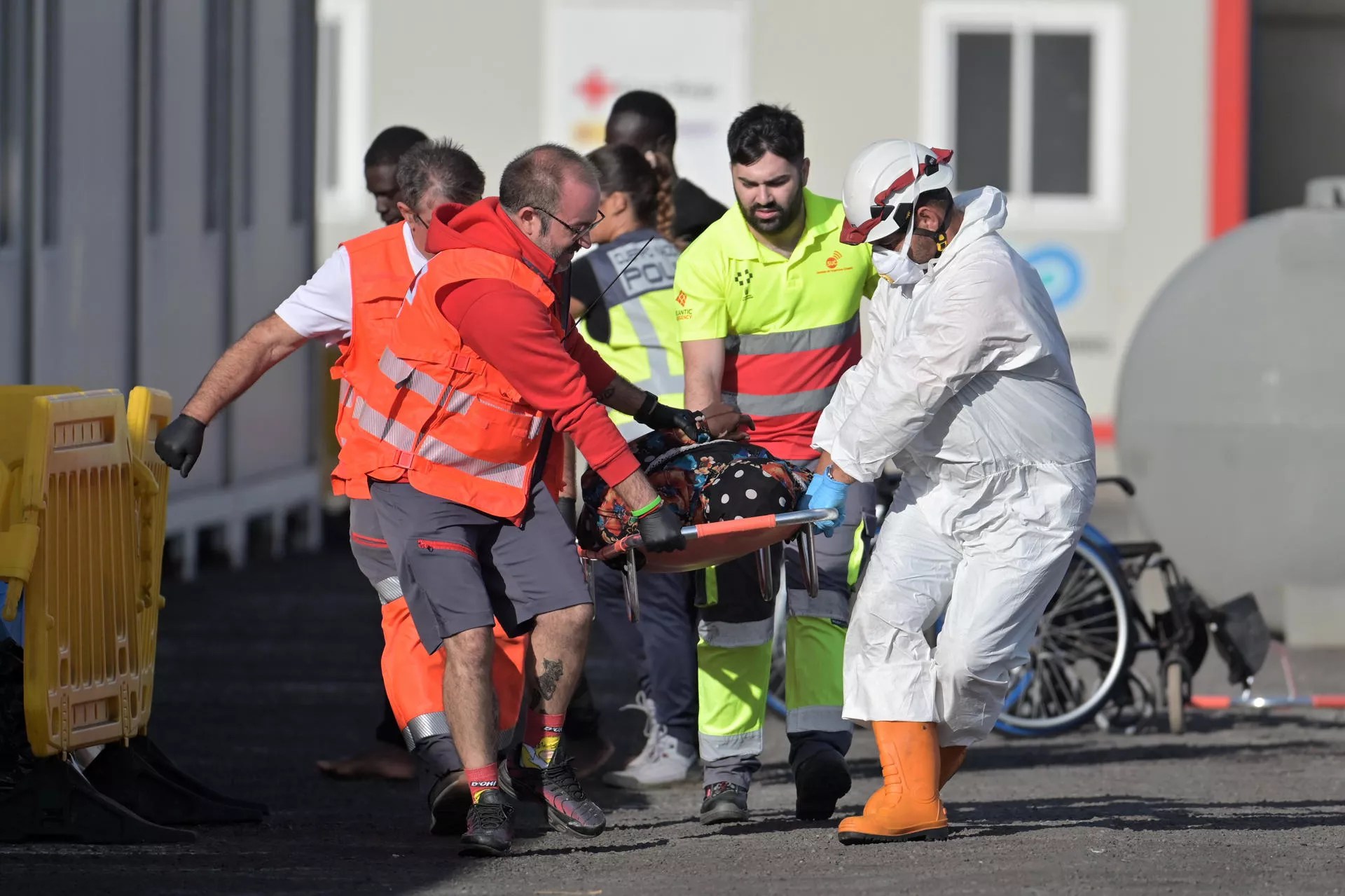Following the protests and riot last week involving migrants residing in the reception centre at the former Tenerife I Penitentiary Centre (Santa Cruz de Tenerife), the State Directorate of the Red Cross has responded to these grievances by defending its management. This information was reported by Canary Islands Now, a digital newspaper that captured statements from José Javier Sánchez Espinosa, the national director of the migrations area of the aforementioned non-governmental organisation. He stated that the centre provides legal advice and psychological support, along with a specialised team to address needs and vulnerabilities.
Sánchez also emphasised that the primary aim of the entity he represents is to support migrants throughout their journey, highlighting that, “These migration projects involve leaving behind their families, home countries, social networks, and enduring perilous sea crossings.”
“Upon their arrival in our country, integration processes present challenges that can sometimes lead to frustration. These frustrations may occasionally result in protests,” remarked the spokesperson for the Spanish Red Cross.
His remarks came after a few turbulent days at the centre, which caters specifically to migrant women and their children and has been operational since 2020. Last Thursday morning, a public demonstration by the residents regarding the conditions at the centre occurred. However, by the afternoon, the situation dramatically changed with the eruption of a riot, prompted by the inmates feeling abandoned.
It is important to note that although this riot understandably raised alarms among the local community, it was resolved peacefully without escalating into violent incidents. It bore no direct connection to the critiques of the Red Cross’s management. After several hours, the disturbance concluded with the resolution involving the minor in question, leading to a return to normalcy in that area of the capital.
Concerning the inmates’ protests, their grievances centre around what they perceive as inadequate conditions, including alleged threats and racist behaviour from staff members. Other contentious issues pertain to their dissatisfaction with the food provided by a catering service, claiming that it occasionally includes substandard vegetables, as well as the demand for more Spanish educators to aid in their integration.
Additionally, local residents have repeatedly expressed dissatisfaction to the Red Cross regarding issues of noise, waste, and inadequate lighting, among other matters, without receiving any solutions. They have consistently clarified that the inmates’ conduct towards them has been correct and even cordial.
The Children’s Sector Addresses the Reception of Unaccompanied Minors
The Sectorial Conference on Children and Adolescents, involving the Government of Spain and the Autonomous Communities, will convene today in Madrid, specifically in the boardroom of the Ministry of Territorial Policy and Democratic Memory. This meeting comes in the wake of the approval in Congress of the much-anticipated Royal Decree-Law aimed at ensuring a compassionate reception for vulnerable children across Spain, with the Canary Islands bearing the predominant burden, although a similar predicament exists in Ceuta.
The meeting is expected to be peaceful, as the majority of autonomous regions governed by the Popular Party appear willing to engage in the distribution of unaccompanied migrant minors from the government, mindful that it “encroaches upon autonomous powers.” It is noteworthy that the PP, under pressure from Vox, has been obstructing all agreements in this regard for over a year, despite the congestion in Canary Islands Centres.
















